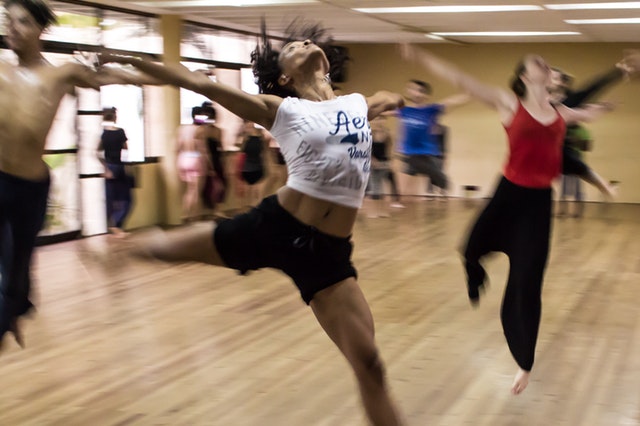Musical theatre resumes are often seen as some kind of enchanted item of lore, but really, they’re no different from any other resume – if you want a job, you’ll need to send off a good resume and if you’re planning on auditioning for musical theatre, you’ll need one that really stands out from the crowd.
99% of the time, that resume and headshot will be the only opportunity you get to land a musical theatre audition. With that in mind, here’s how to get yourself ready for the big time.
1. Obey the 10 Second Rule

Bear in mind that you need to convey what you’re about in no less than 10 seconds – this is the average time a director will glance at your CV.
As such, make sure everything’s easily visible at a glance. You shouldn’t pack things too close together or use a ridiculous amount of words in describing anything. Strong headings to separate areas of your resume are also useful.
2. Education is Everything

This section is paramount to those who don’t have a huge amount of on-stage experience: the name of a reputable musical theatre school and any formal training and/or qualifications can speak volumes, so do list anything applicable here.
This includes instructors who have helped you over the years, since a good recommendation — especially in lieu of experience — is worth its weight in gold.
3. Don’t Forget Understudying

If you performed a role that you understudied, do list that as a credit on your resume with (u/s, perf.) next to the name of the role. It is important to say that you were the understudy, as someone could have seen the production and known you were not the person cast in the role.
Understudy roles are ideally best replaced with full credits if at all possible, though naturally these will come over time.
4. Skills to Pay the Bills

Ah, the special skills section … tantamount to being asked to talk about yourself, many people struggle with this and some even neglect it entirely.
Don’t. This is the one area in which you get to really set yourself aside from the crowd, although you might have to think outside the box and consider that you might have many unrelated skills that are actually relevant to a production.
If you speak other languages, you can say you are intermediate or advanced, anything less is not worth listing. If you have the ability to do physical tricks, list the most difficult that you are completely comfortable with, and always be prepared to do these in the room if asked.
Musical instruments are especially useful, and again should only be categorized as intermediate or advanced.
5. Not Everything is Relevant…

Naturally, you don’t want to put anything on your musical theatre resume on that may hurt you in a casting environment. Numbers are generally bad for resumes; this includes weight, address, and age. You can give an age range that you normally play, but you never have to give your actual age. If you are an adult and asked your age, you can reply with “over 18” and the age range you usually play. As long as you leave a bit of wiggle room, sometimes it’s better to let the people on the other side of the table decide what they think you are.
You also don’t need to list absolutely detail about yourself and every role you’ve ever been. Sometimes, blank space is preferable to black ink…
… and hopefully, with a killer CV, you’ll land some excellent musical theatre auditions and be able to fill the blank spaces with only enviable credits.
Our two-year, intensive musical theatre program is designed for students looking to gain practical experience in acting, dancing, and singing for the stage. Offered over four semesters on our New York campus, this program can help launch your career in musical theatre. Visit our Two-Year Musical Theatre Program page to learn more.
